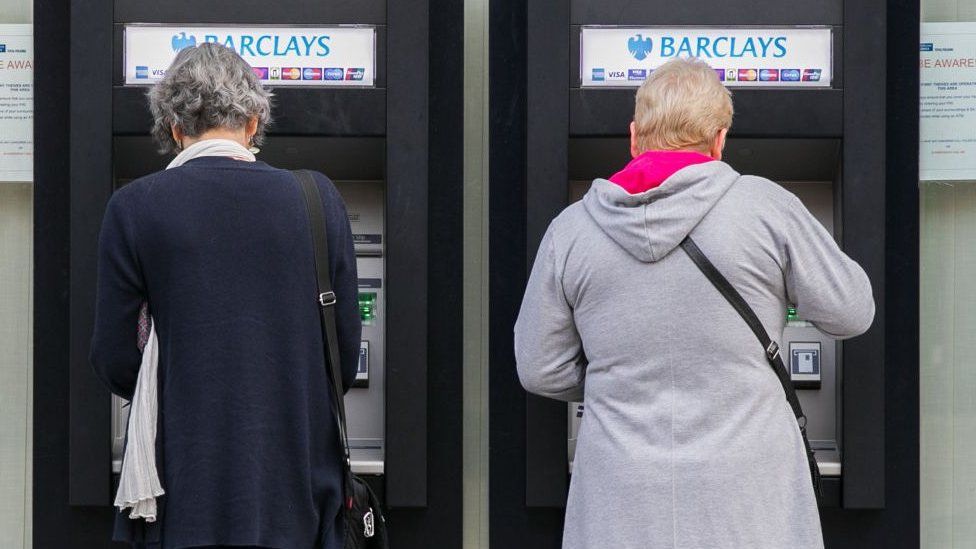ARTICLE AD BOX
 Image source, Getty Images
Image source, Getty Images
Tax cuts, due to be announced on Friday, are likely to push UK borrowing and debt to unsustainable levels, a leading economic think tank has warned.
The UK will spend billions helping households and firms with energy bills, but tax cuts will have a longer-term impact on public finances, the Institute for Fiscal Studies said.
Even after that support ends, the UK will borrow £100bn a year, it says.
Tax cuts amounted to a "gamble" that may not pay off, the IFS warned.
In Friday's mini-Budget the government is expected to reverse a rise in National Insurance and scrap a planned increase in corporation tax, which could cost £30bn.
The IFS said it was publishing its own research, setting out "how much red ink" would be added to the country's financial position as a result of the strategy led by new prime minister Liz Truss.
Carl Emmerson, deputy director at the IFS and an author of the research, said the the government's tax cutting plans meant borrowing would remain high, even after the cost of subsidising energy bills had fallen away, adding to overall debt.
"While we would get to enjoy lower taxes now, ever-increasing debt would eventually prove unsustainable," Mr Emmerson said.
"The government is choosing to ramp up borrowing just as it becomes more expensive to do so, in a gamble on growth that may not pay off."
The pace of growth that would be required to keep national debt at sustainable levels was not impossible but would require "a great deal of luck over a long period or a concerted change in policy direction," he added.
The new prime minister has outlined her plans for the economy, arguing that cutting taxes will "boost business-led growth and investment".
She said she wants the economy to grow by 2.5% a year on average.
The IFS said finding a way to boost the UK's rate of economic growth would "undoubtedly help", but said the government should not underestimate the scale of that challenge.
In March borrowing was forecast to be well below £40bn by the mid-2020s.
At around 3.5% of national income, borrowing of £100bn is high in historical terms.In the 60 years before the financial crisis, borrowing averaged 1.9% of national incomeGovernment subsidies for households, public bodies and private firms that will cap energy prices, will increase borrowing by hundreds of billions of pounds over the next two years, although fluctuating wholesale prices mean the exact cost is hard to estimate. However, that borrowing could be justified because it was temporary, the IFS said.
The planned tax cuts meant government revenues would be around £30bn lower a year than they would have been, the IFS calculated.
As the tax cuts are permanent, they matter more for the health of the public finances over the next few years, the IFS said.

 2 years ago
60
2 years ago
60








 English (US) ·
English (US) ·